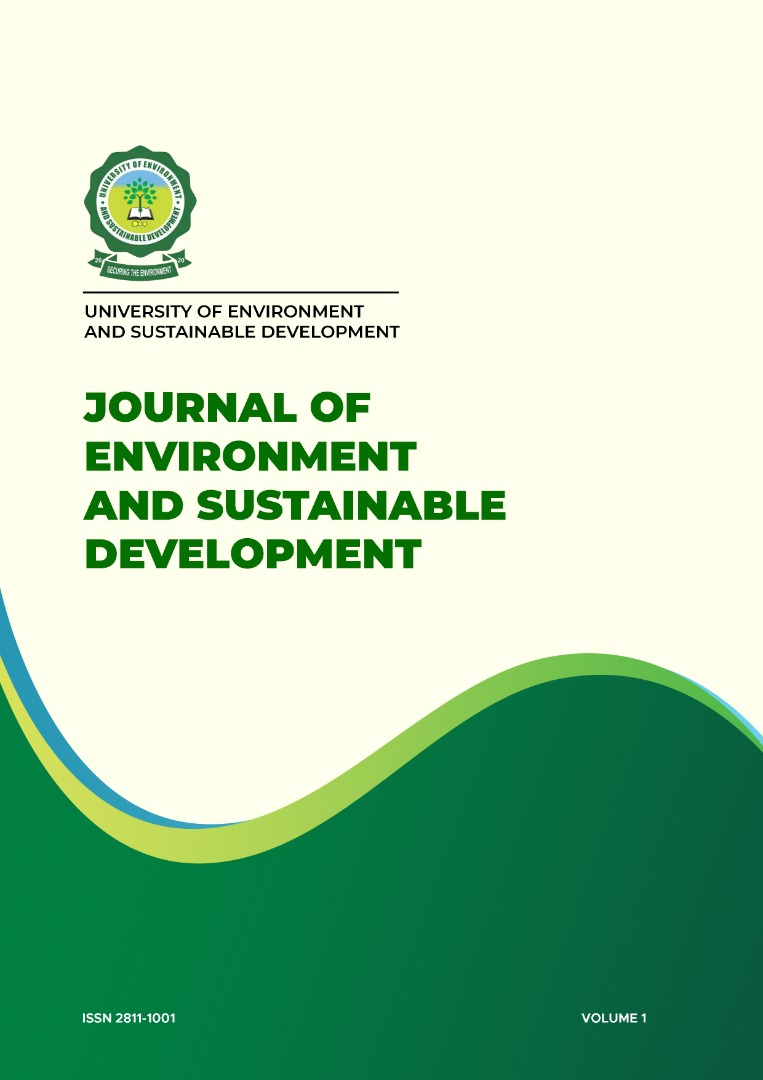ADOPTION OF SUSTAINABILITY IN CLOTHING AND TEXTILE PRODUCTION AMONG DEVELOPING COUNTRIES
Keywords:
Sustainable Development Goals (DGs), Clothing and Textile, Sustainability, Developing countriesAbstract
Purpose –– This study examines the vital role manufacturing industries can play in the realization of Sustainable Development Goals (SDG) by adopting sustainability that encompasses economic viability, environmental protection, and social equity. Among such industries is the clothing and textile industry that supplies one of the basic human needs. The textile industry has a strong potential to increase Gross Domestic Product (GDP) and promote foreign direct investment (FDI).
Methods –– The study employed a review approach for its methodology. Secondary data from textile firms, books, and journals
were used as sources of information.
Findings –– The study revealed that there was a poor track record for social and environmental concerns in textile production among developing countries. The cost of acquiring technology and the threat to indigenous firms were inhibiting factors. The use of obsolete technologies, lack of sustainability principles and policies, and little effort in technology transfer were other factors.
Conclusion/Recommendation –– The study recommends that developing countries should adopt a sustainability policy in textile
manufacturing by employing technology transfer from developed countries through exchanges and collaborations.
Keywords –– Sustainable Development Goals (DGs), Clothing and Textile, Sustainability, Developing countries


